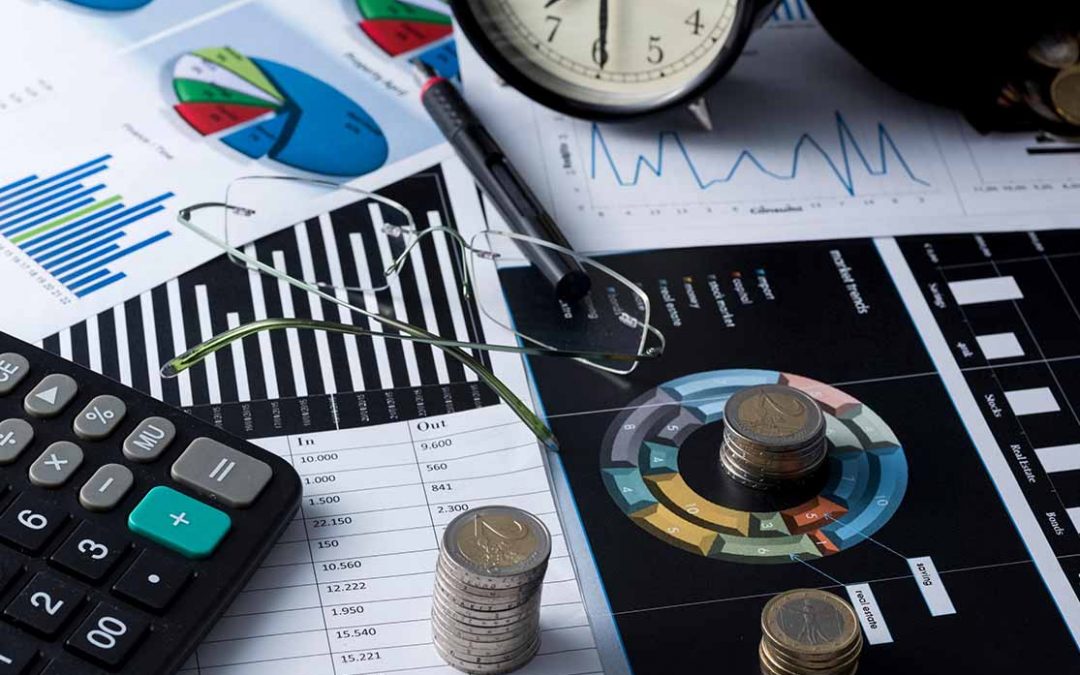If it feels like your money doesn’t go as far as it used to, then it isn’t your imagination. We have all read the headlines of increasing fuel prices and a shortage of products for Christmas. But what does it mean for you and your money, and what can you do to stay ahead of inflation?
Inflation can go up and down, but if, for example, inflation was at 2%, this means the prices of key goods that households need to buy, such as food, fuel and clothing, would be rising at a rate of 2% a year.
So, in this scenario, if your savings weren’t earning at least 2% a year, the effect of inflation would mean your money would buy less in a year’s time. For example, if you put £100 into a bank account paying 1% interest, you would have £101 after 12 months. But, 2% inflation means that the things that cost you £100 when you put your money in your account will cost you £102 a year later so your money has lost purchasing power.
In a high inflation scenario, if inflation were to average 5% a year over a 10-year period, your £1,000 would be worth just £550.
It is possible to get an inflation-beating return on your savings, as there are plenty of investment opportunities. But, this involves taking on a little more risk than a cash savings account and the returns are not guaranteed.
It’s important you understand the risk you are taking and the potential losses if the investments don’t perform. The following link is to the FCA website and provides further information on risks and returns:
It is recommended you take professional financial advice if you are considering switching funds from a cash ISA or savings account to achieve higher returns.

